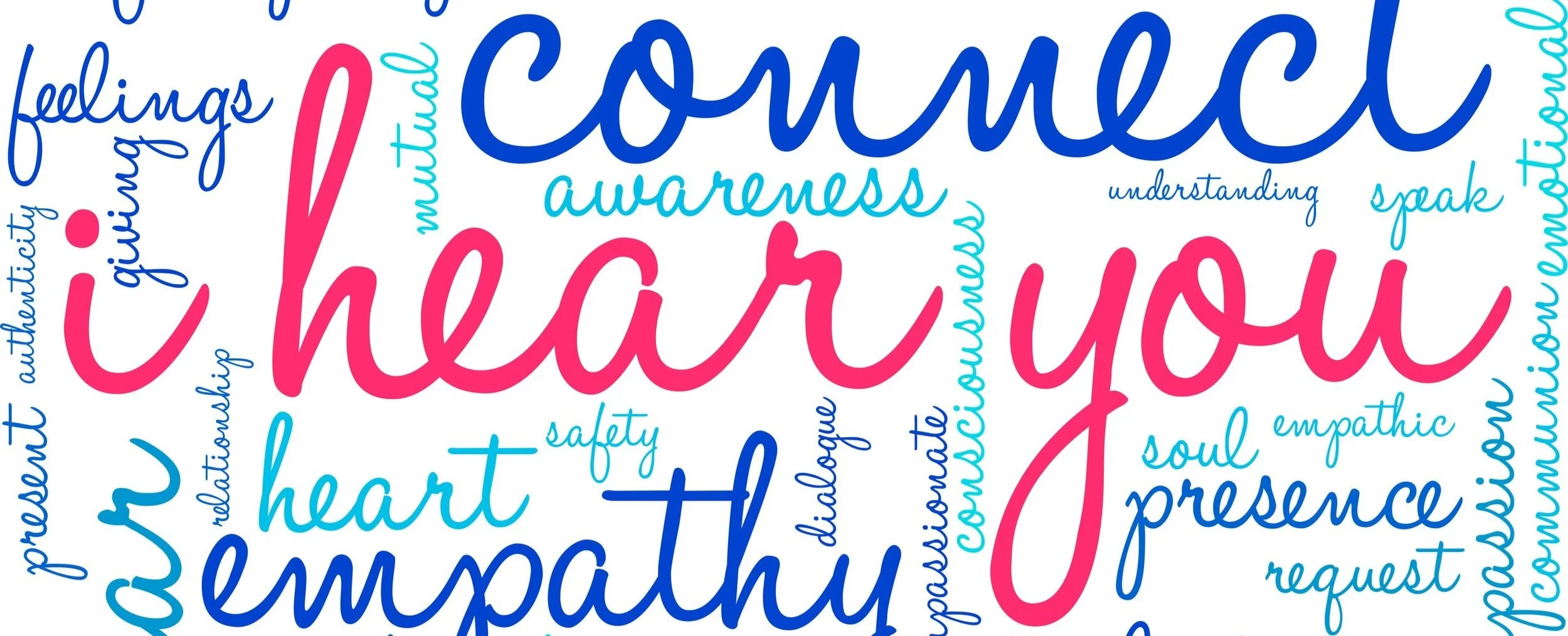Sarah's Health Notes: Reaching out
We hadn’t seen each other for ten years but, as my dear friend Ben remarked, ‘it felt like no time at all’. He is an old friend both in age (84) and how long we’ve known each other – about 40 years. We were very close, went through lots together and then… who knows why, we just lost touch about 10 years ago.
There was the very occasional phone call and promises of meeting up but no solid plan. Then this summer another friend told me he was poorly and I picked up the phone again. This time I did make a plan to see him, even though he lives a long drive away. He is very ill and I now make the effort to see him every few weeks.
Despite Ben’s ill health, it’s lovely for both of us. We talk, we hug, we laugh, we remember his late lover who I was very close to – in fact he introduced me to Ben. Reconnecting is important - we have so much shared past and so much affection then and now.
The years of lockdown and restricted social contact have caused many friendships to lapse for everyone - even longterm ones. It’s led to several research studies including a recent one published in the Journal of Personality and Social Psychology, which noted that although it may be ‘daunting’ to make contact with people you haven’t talked to for months or years, reaching out is hugely appreciated.
Why daunting? Well, according to this study, there are a variety of reasons centreing round uncertainty about how the gesture may be received. ‘When people take the initiative to reach out, they risk being rejected.’ In fact, it emerged from experiments that the recipients were far more pleased than the chaps who did the reaching out thought they would be. Think about it: if a friend who you haven’t seen for ages rings or emails – even better visits in person - aren't you delighted?
Last week, dear friends who I hadn’t seen for ages but always loved suddenly rang up to say they were nearby and could we meet up. Yes, yes, yes! It was joyous catching up with many hugs. So fly bys can be wonderful but, on the whole, dedicating proper time to re-establish contact is ideal for me. Catch up emails are easiest to write on train journeys – going to London is nearly three hours from our Dorset home and being in that ‘bubble’ is conducive to thinking about the other person, our relationship and things they would be interested in. Equally, I like to make that first phone call when I’m not trying to do several things at once - and not totally concentrating on the person I’m talking to.
Sometimes I know I am never likely to see that friend in person. One woman whose late husband, a TV producer, I worked with decades back in London and New York is now in her eighties and says she’s past her travelling days. And I hate flying. So we exchange long emails with photos. Not often but regularly. We swop details about all manner of things from recipes to how to reorganise our books, snippets about politics, science research, anything really. It’s a delightful smorgasbord.
I’ve found that reaching out becomes easier the more you do it. As the study I referred to above says, we are fundamentally social beings and enjoy connecting with others. The experiments involved sending a note with or without a small gift, or simply checking in on friends to see how they are. Not hard to do and really truly heartwarming for both sides.





